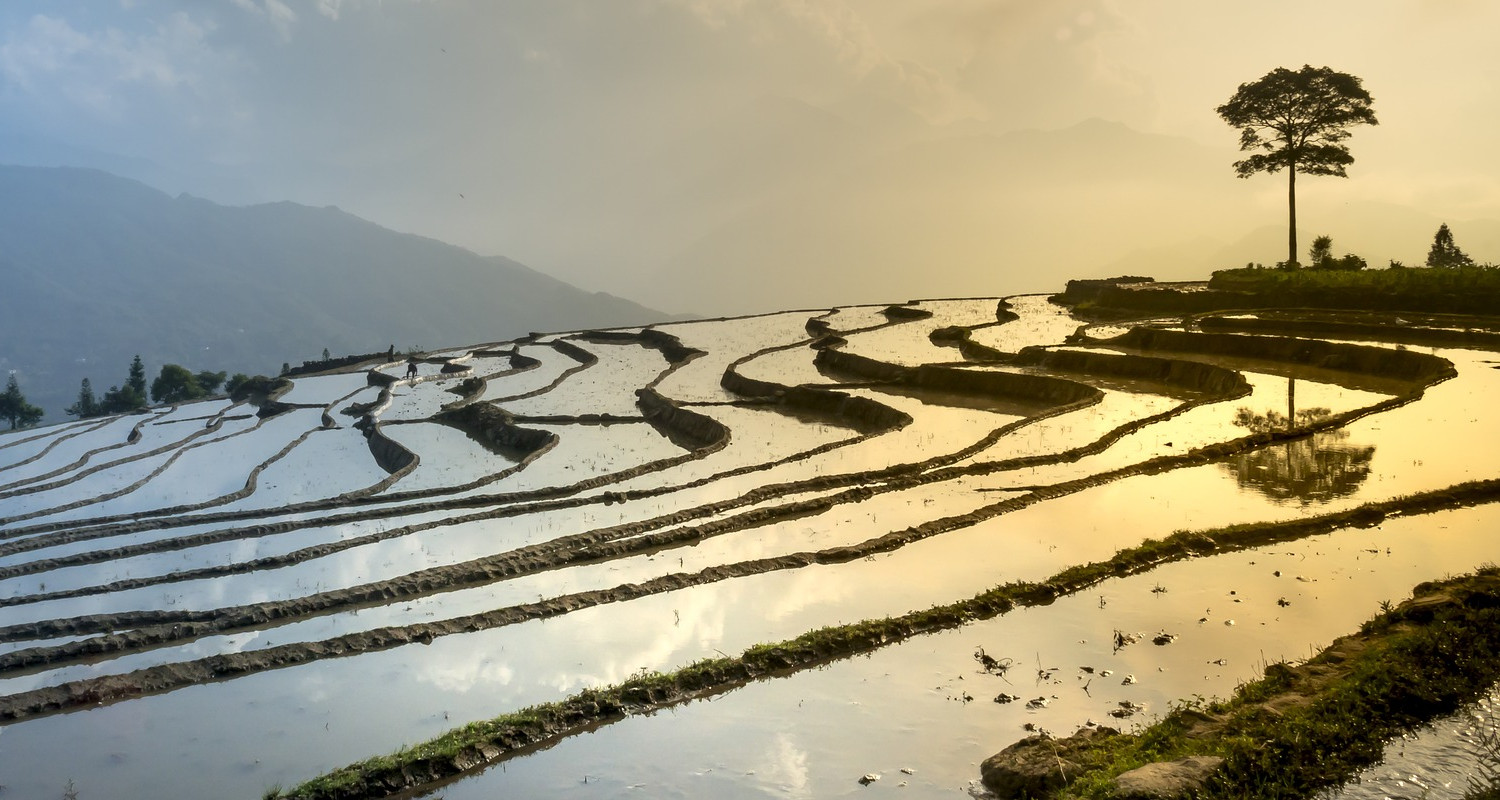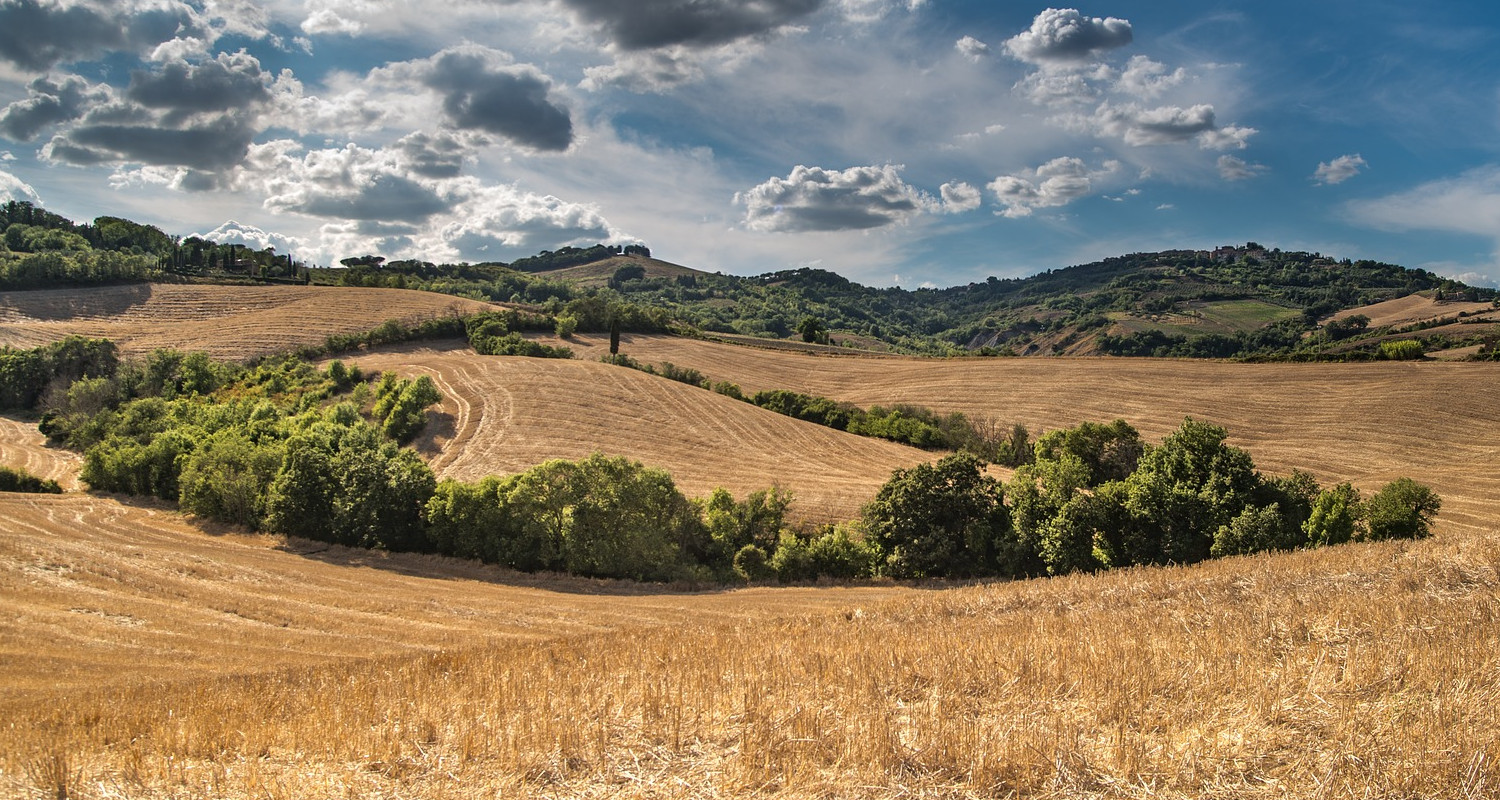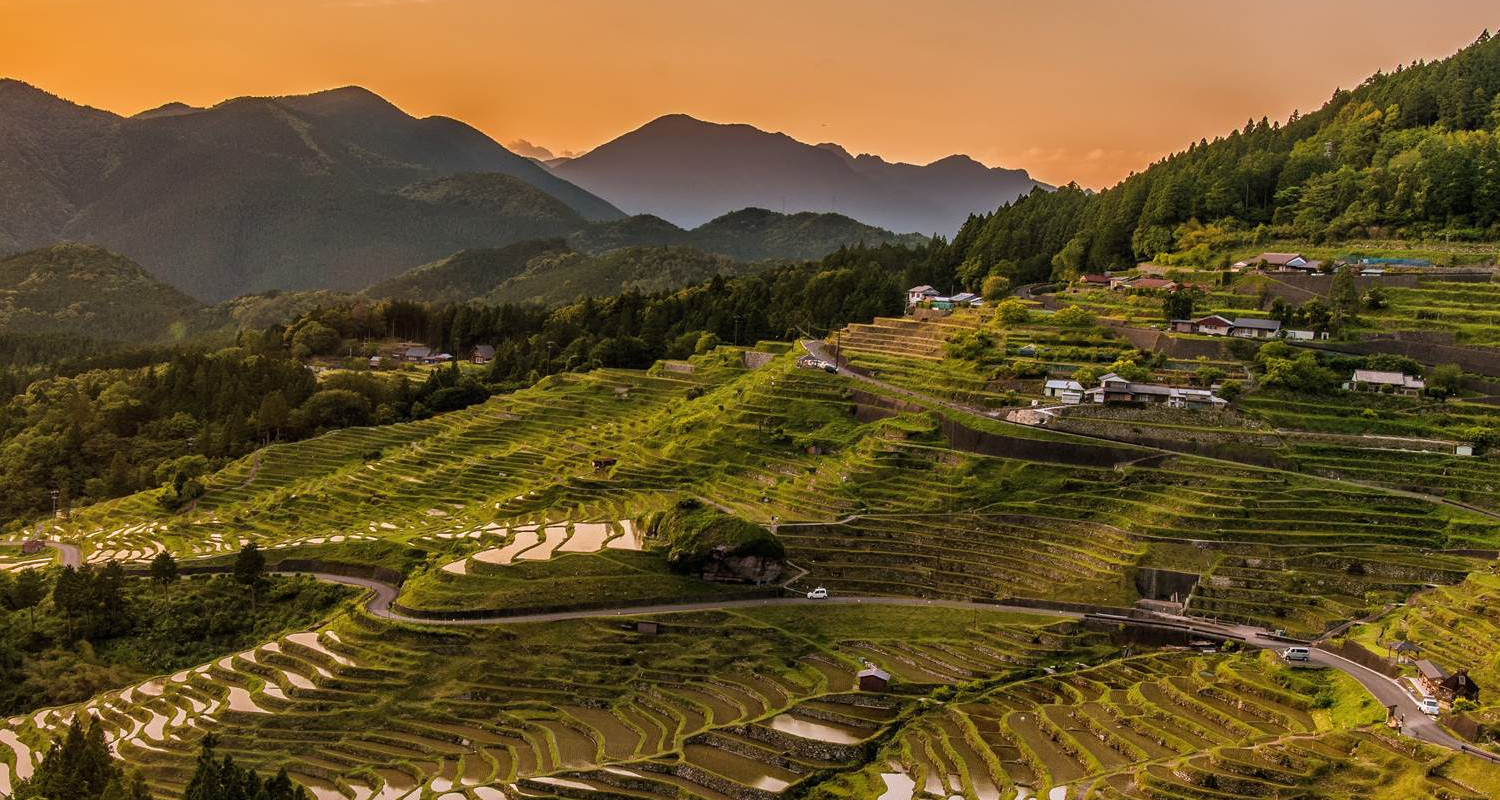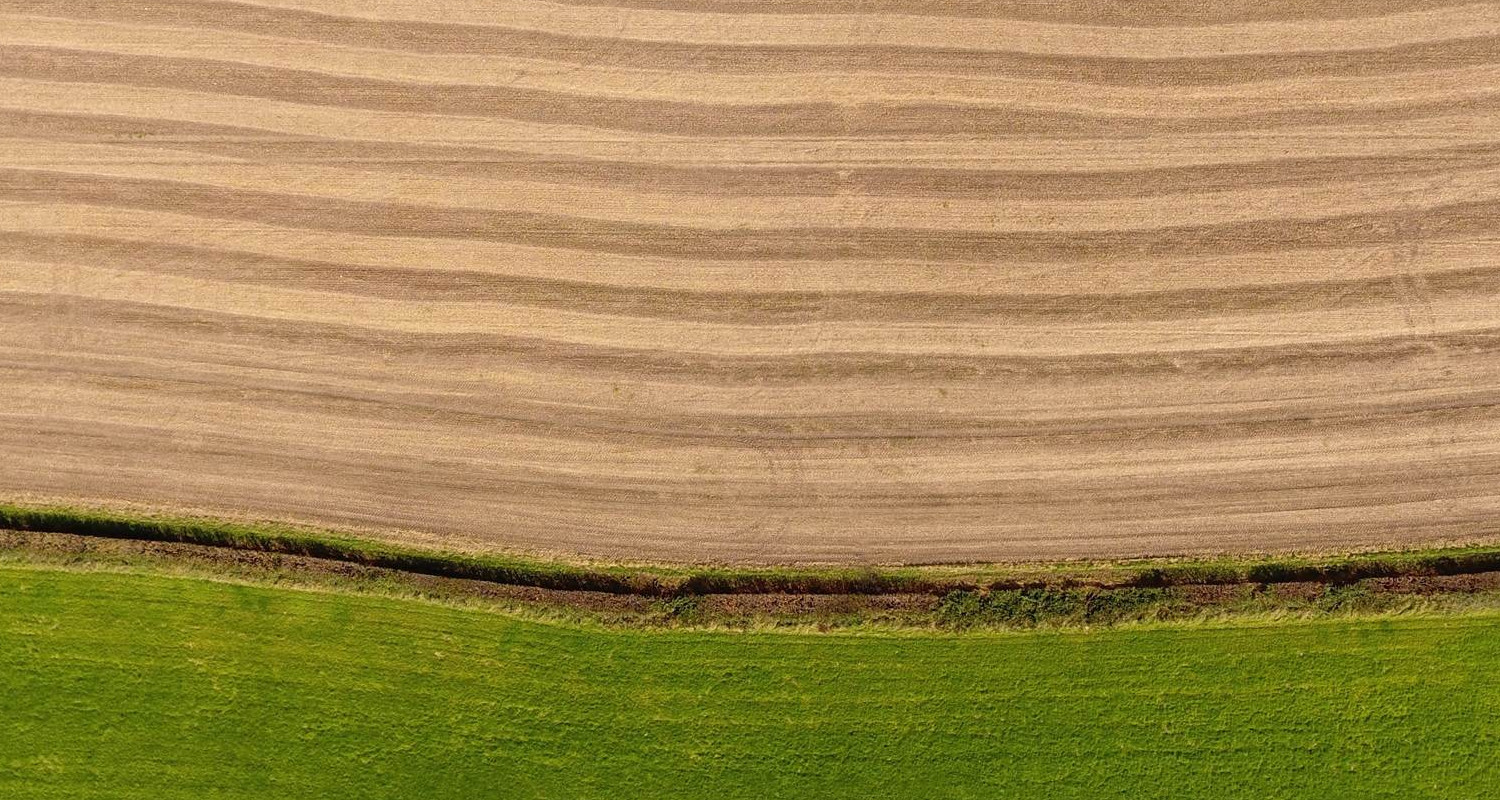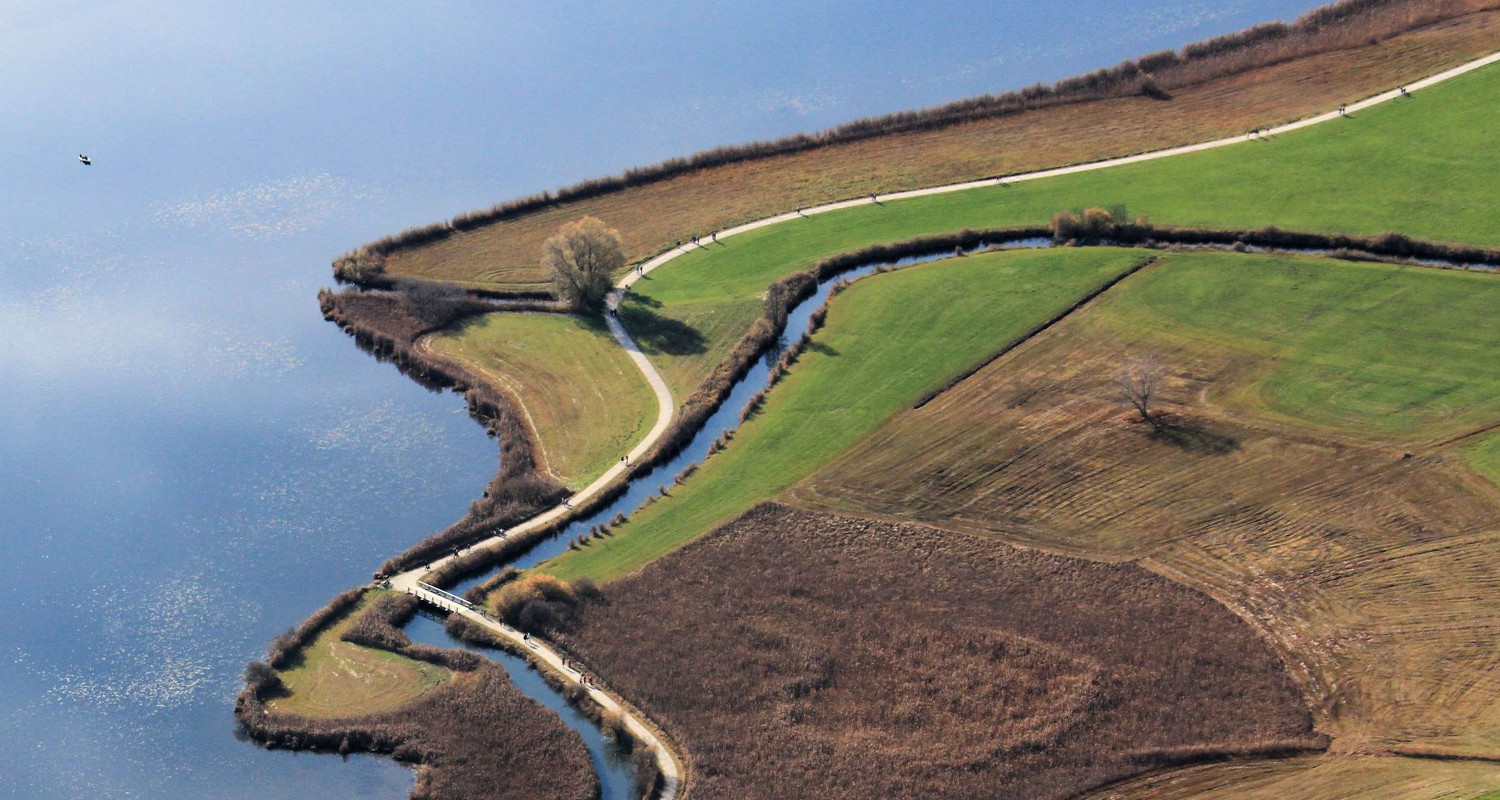Knowledge Management
Since its inception GEOGLAM has made significant progress in support of operational monitoring. To protect and sustain this progress knowledge management is a high priority for the community, consequently GEOGLAM is working with the GEO Secretariat to develop the GEO Knowledge Hub (KH). Once complete the hub will provide a one stop shop for agricultural monitoring “best practices”. The GEOGLAM KH is intended to meet the needs of a wide range of clients. It will include everything from peer reviewed science all the way to operational tools and links to cloud computing environments.
GEOGLAM Knowledge Management is a work in progress in partnership with the GEO Secretariat. We are currently working with GEO to develop the proof of concept for the KH and expectations are that it will be implemented over the course of 2020. So please check back here for progress reports on KH development. In the meantime, this website and the JECAM website can be your gateway to agricultural monitoring knowledge.
Also, one of the GEOGLAM regional initiatives, Agriculture in the Americas has established a "Resource" site which is helping to inform the GEOGLAM efforts. This can be found here.





